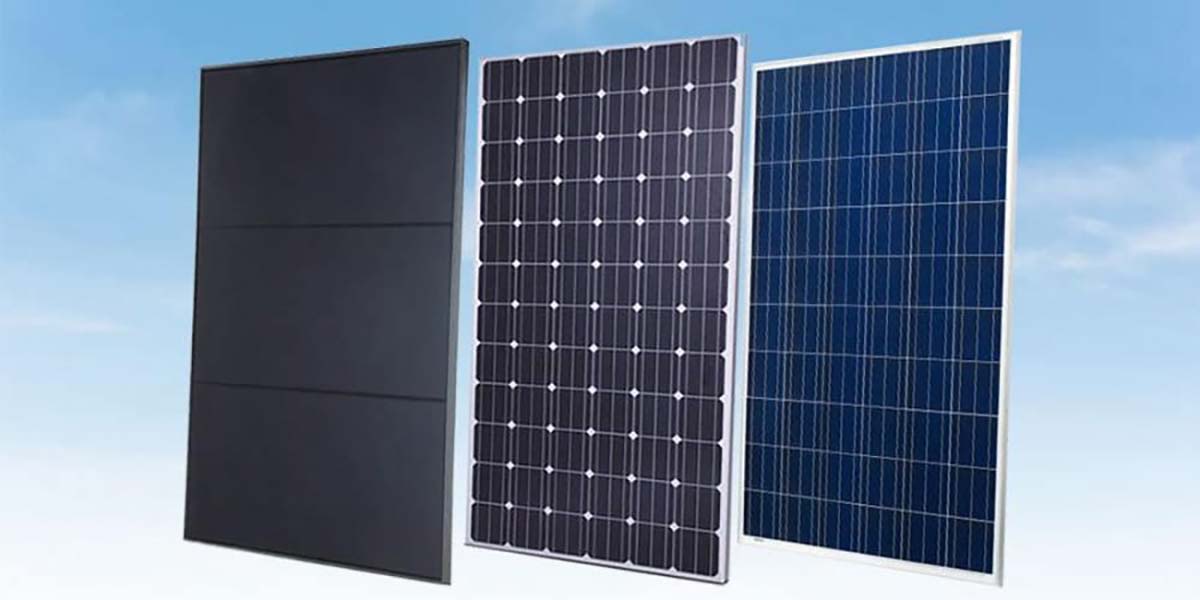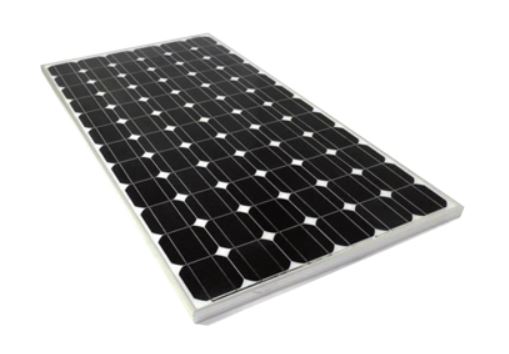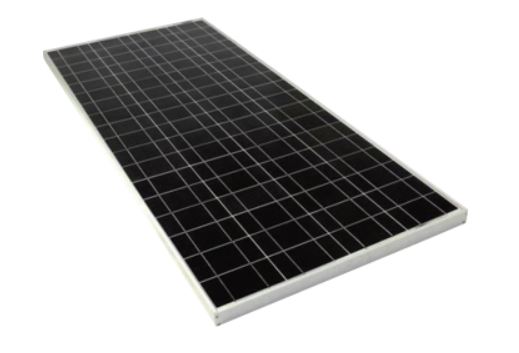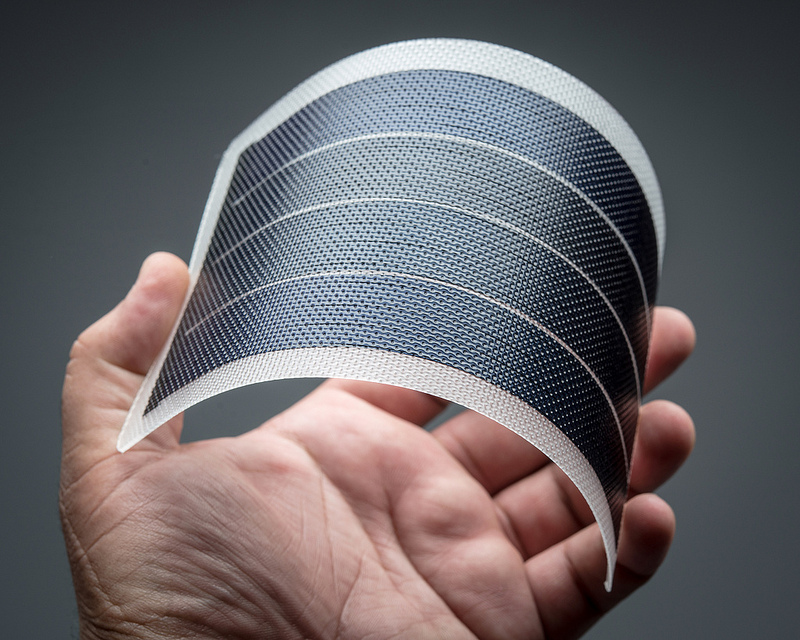Homeowners Insurance in St. Petersburg
September 3, 2020Life Insurance Coverage
October 21, 2020Three Solar Panels for Residential
At present, there are three widely accepted choices for residential solar panels: Monocrystalline, Polycrystalline, and Amorphous Solar Cell. It can be difficult to determine which type will be best for your home system. We’ll explore the difference among these in the article below to help you determine which direction will be best.
.

Monocrystalline vs. Polycrystalline vs. Amorphous

Monocrystalline Solar Panels
Monocrystalline solar panels are a premium solar product, as they are able to produce energy more efficiently than polycrystalline cells in the same amount of space. They come in rigid panels are also noted for their sleek aesthetics.
Monocrystalline are named as it is created with single-crystal silicon, which is then formed into bars and cut into wafers. Because these cells are composed of a single crystal, it allows more energy to be derived from the electrons.
.
Polycrystalline Solar Panels
These Polycrystalline panels sometimes are known as Multicrystalline panels,and are more popular among homeowners who are looking to install a solar power system on a budget.
They are less efficient than Multicrystalline panels in part due to the composition of the panel being a blend of multiple pieces of silicon, resulting in some imperfections in the surface of the solar cells. The panel is molded and treated to create the solar cell, and typically has more of a blue-ish color, as opposed to the standard black coloring associated with Monocrystalline Solar Panels.


Amorphous solar panels
Amorphous solar panels are, overall, the most durable cell in today’s market, although they require twice as much surface area for the same power output as a Monocrystalline Blanket or Panel. Amorphous cells can withstand higher temperatures and damage without notable impacts on output. Additionally, Amorphous Panels have a much higher tolerance for defects than either of the crystalline panel types.
Professional Installation vs. DIY Installation
With a Professional Installation, you’re ensuring not only a high-quality installation experience and final product, but also the peace of mind that comes from knowing the system is optimized for your home and that you’ve worked with an expert to pick the right system for your needs.
There is no substitute for an expert opinion, so we recommend consulting with a local solar professional when deciding to move forward with a solar power system for your home.
